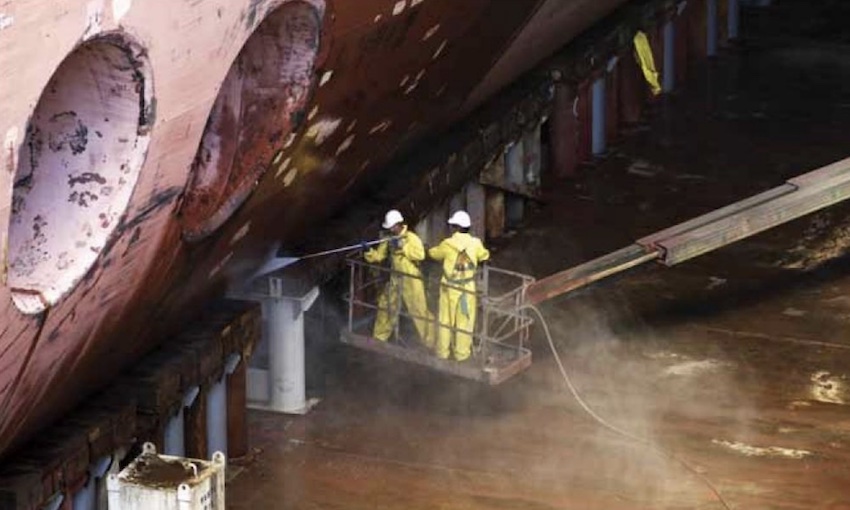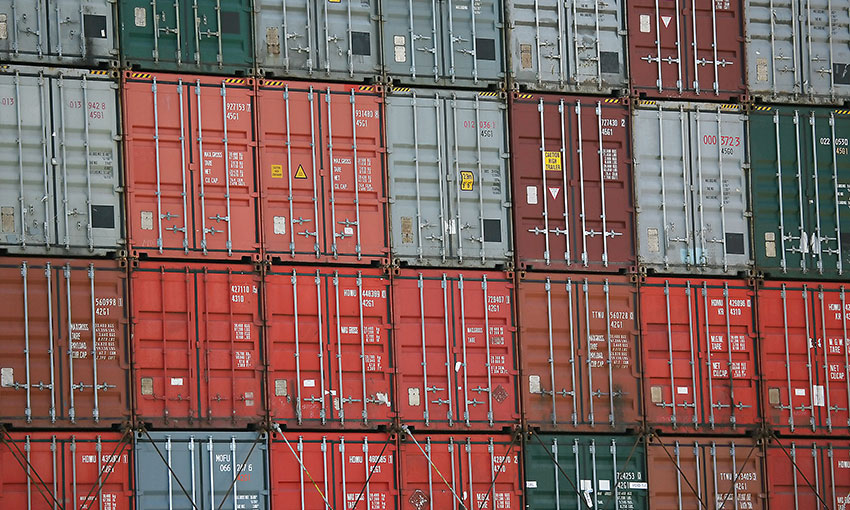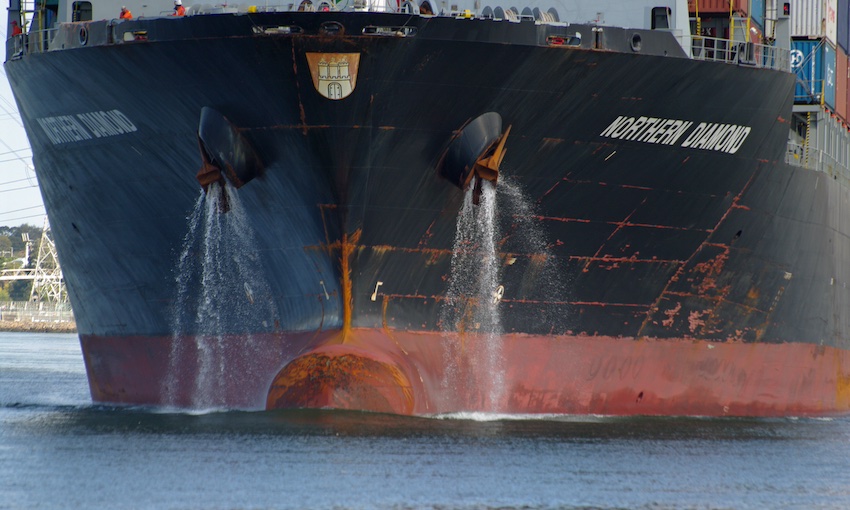THERE are new rules for managing biofouling for international vessels arriving in Australia that will come into effect on 15 June 2022.
Under the requirements, operators of all vessels subject to biosecurity control will be asked to provide information on how biofouling has been managed prior to arriving in Australian territorial seas.
This information will need to be reported through the Department of Agriculture, Water and the Environment’s Maritime Arrivals Reporting System (MARS).
The department will use the information to target vessel interventions. This will allow more efficient use of resources and statutory powers to assess and inspect vessels, and more effective response to unacceptable biosecurity risks associated with biofouling.
Vessel operators will receive less intervention for biofouling if they comply with one of the following three accepted biofouling management practices:
- Implementation of an effective biofouling management plan; or
- Cleaned all biofouling within 30 days prior to arriving in Australian territory; or
- Implementation of an alternative biofouling management method pre-approved by the department.
A vessel operator that has not applied one of the three accepted biofouling management practices will be subject to further questions and assessment of the biosecurity risk associated with biofouling on the vessel.
The department will phase the introduction of new requirements. From 15 June 2022 to 15 December 2023 an education-first approach will be taken. However, powers under the Biosecurity Act 2015 will continue to be used to manage unacceptable biosecurity risk associated with biofouling.
This new policy is consistent with the International Maritime Organization and Australian guidelines.





